Things To Do Before Traveling To Japan – Japan Travel Guide
Planning your first trip to Japan? Discover 19 essential tips and things to do to help you plan the perfect trip—from navigating transport to cultural must-knows – perfect for first-time travelers!
You’ve booked your flight to Japan, and the countdown is officially on. How exciting! I’ll share crucial insights to put you in the best position for your trip to Japan. To be fair, I’m assuming you’ve gotten your visas, flights, and accommodation at this time, so this post is more on tactical things to do beforehand to make things easier and more enjoyable during your trip.
This comprehensive guide breaks down exactly what you need to do in the weeks and days leading up to your Japan adventure. Here are things to do before traveling to Japan for the first time.
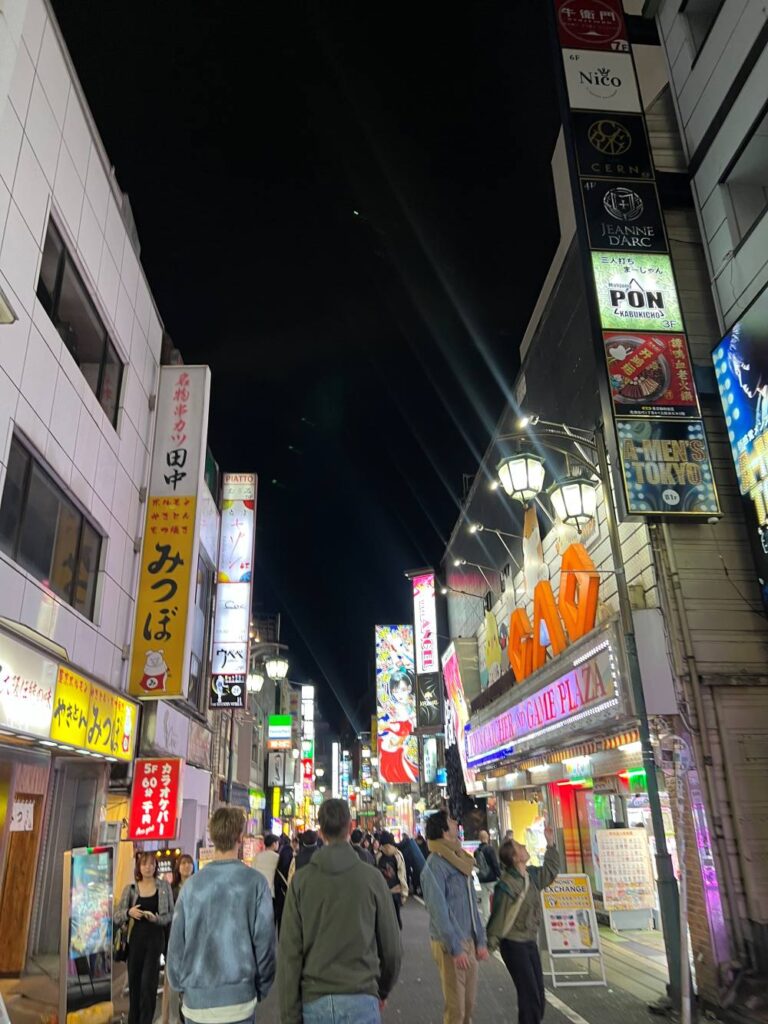
What to Do 3-4 Weeks Before Your Trip To Japan
1. Make Reservations at Must-Visit Restaurants
Japan takes dining seriously, and the best restaurants fill up quickly! Don’t make the mistake many travelers do by arriving without reservations for your bucket-list culinary experiences. For the most popular spots, booking in advance is essential. Japan thrives on order! The more highly popular the restaurant is, the more important it is to book a reservation in advance.
Pro Tip: Use these reservation platforms:
- Tabelog (Japan’s most popular restaurant review/reservation site)
- Omakase
- Pocket Concierge
- Jpnezy
- TableCheck
Alternatively, you can have your hotel concierge call after you arrive, but for truly popular spots, earlier is better! However, I always recommend that people still leave room for the spontaneous, there’s amazing food all over Japan, in little spots around the corner.
2. Book Essential Activities and Attractions
Japan’s popularity means many top attractions sell out weeks in advance. For a stress-free trip, book these experiences at least a month ahead:
- Shibuya Sky observation deck
- TeamLab Planets (Odaiba) or Borderless (Azabujuban) immersive art exhibitions
- Tokyo Disneyland or DisneySea tickets
- Tokyo Skytree observation deck
- Sumo wrestling tournament tickets
- Premium facial treatments
- Japanese head spa experiences
- Traditional tea ceremonies with kimono rental
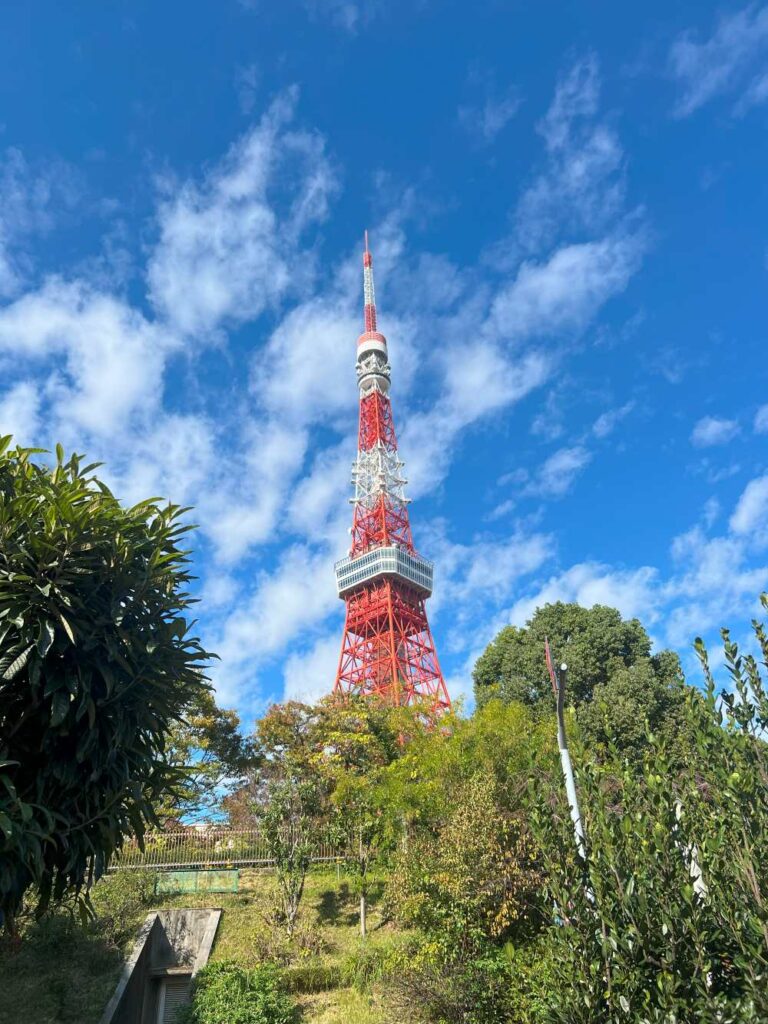
3. Reserve Your Shinkansen (Bullet Train) Tickets
Don’t leave your high-speed rail travel to chance, especially during peak seasons or weekends when tickets disappear quickly. The comfortable efficiency of Japan’s bullet trains is legendary, but only if you have a seat!
Important: Always book reserved seating. Standing for 60-90 minutes on a train is no fun (trust me, I’ve been there!). Book your Shinkansen tickets here.
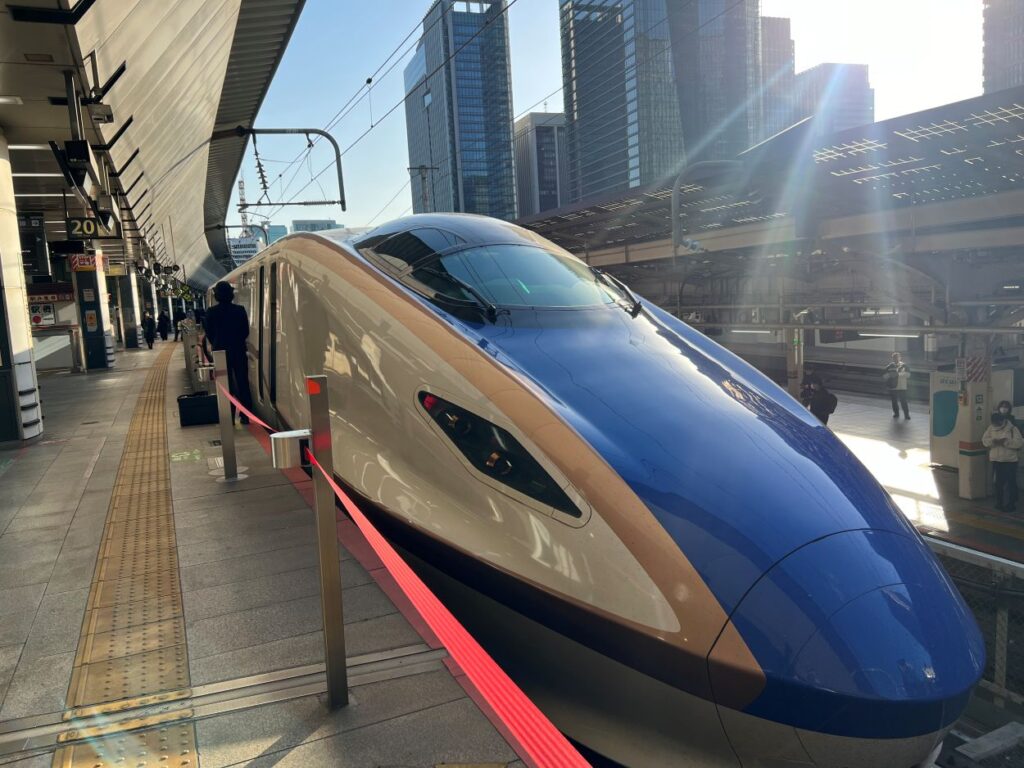
4. Arrange Your Connectivity Solution
Staying connected is crucial for navigating Japan. While some areas offer free WiFi, having reliable internet access throughout your trip is invaluable.
Choose between:
- E-SIM cards (popular providers include Airalo, Ubigi, Mobal, and Sakura Mobile)
- Portable WiFi devices (can be reserved for airport pickup at either airport or book on the ground, Japan Wireless is a popular provider)
Note: If your phone plan includes international coverage, you may not need additional connectivity solutions.
5. Research Tattoo-Friendly Options
Japan still maintains traditional attitudes toward tattoos in many settings. If you have tattoos, research in advance to find onsen (hot springs) and other establishments that welcome tattooed visitors. You just have to do a bit of research in advance!
Tip: Small tattoos can sometimes be covered with waterproof bandages.
6. Get Your International Driver’s Permit
Planning to drive in Japan or go on those fun Mario Kart tours around Tokyo? You’ll need an International Driver’s Permit.
In the US, AAA is authorized by the US Department of State to issue an International Driver’s Permit. To obtain one, visit your local AAA office with:
- Your current valid driver’s license
- 2 Passport photos (you can take the photos there)
- Completed application form
- Approximately $20 plus tax
You can get this done in 30 minutes or less and they’re typically valid for one year. I personally renew mine when I visit the US every August. This is a legal requirement for driving in Japan! Click here for all the details about applying for an IDP in person or via mail at an IDP near you.
Traveling to Japan For The First Time – What To Do 1 Week Before Your Flight To Japan
7. Plan Your Airport Transfer
Know exactly how you’ll get from the airport to your accommodation. Tokyo has two main airports:
- Haneda Airport: Closer to central Tokyo (recommended when possible)
- Narita Airport: Further out but often offers better flight deals

Transportation options include:
- Airport limousine buses
- Trains (monorail, skyliner, or express trains)
- Taxis (available at designated taxi stands at the airport)
- Pre-booked private transfers (services like Klook)
Tip for families: When traveling with multiple suitcases, taxis or pre-booked transfers are much more convenient than public transportation.
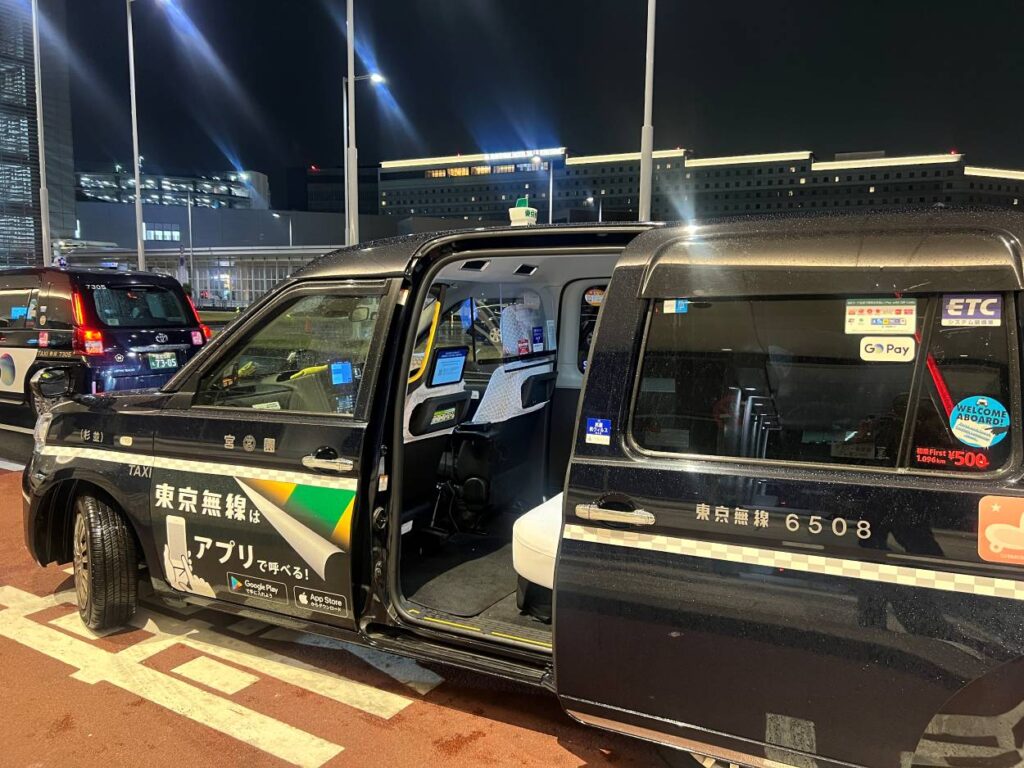
8. Complete Japan Web Entry Procedures
Make your arrival smoother by completing arrival and customs declarations in advance through Japan Web. You’ll receive a QR code that streamlines the entry process. Not essential, but definitely helpful to avoid filling out forms in the customs line!
9. Pack Comfortable Walking Shoes
Japan is best explored on foot, and you’ll walk more than you expect. Pack at least one pair of well-broken-in, comfortable walking shoes.
Pro tip: Bring at least two pairs to alternate, especially if rain is in the forecast.
10. Organize Your Itinerary by Neighborhood
Tokyo is massive, and poor planning can lead to hours lost in transit. Group your activities by area to maximize your time:
For example, combine these nearby attractions on the same day:
- Shibuya Sky, Shibuya Scramble Crossing, Harajuku and Takeshita Street
- Asakusa, Ueno Park and Zoo, Kimono and tea ceremony, Sensoji Temple
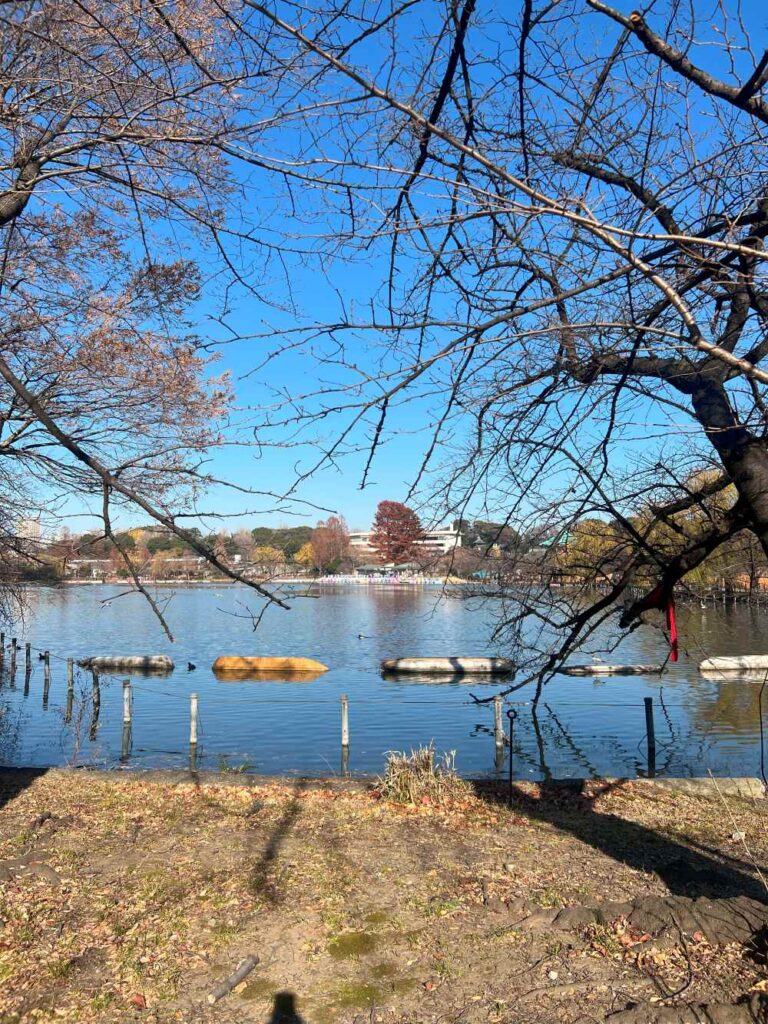
Use Google Maps to plot potential itineraries and check travel times between locations to make the most of your day and reduce travel time.
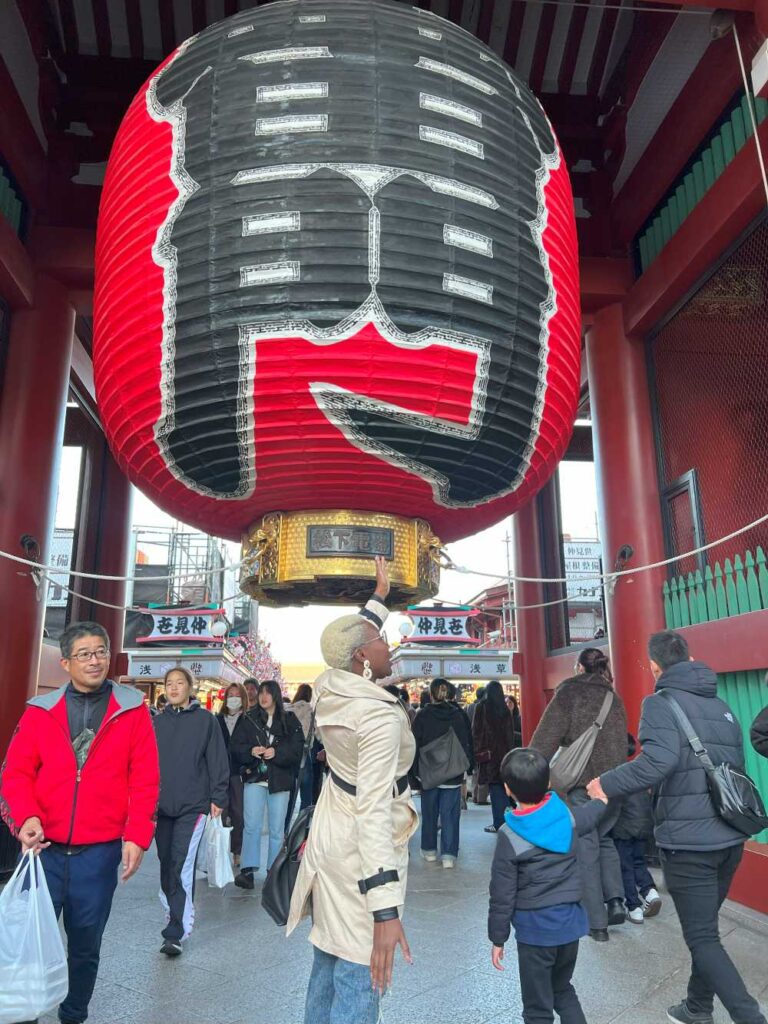
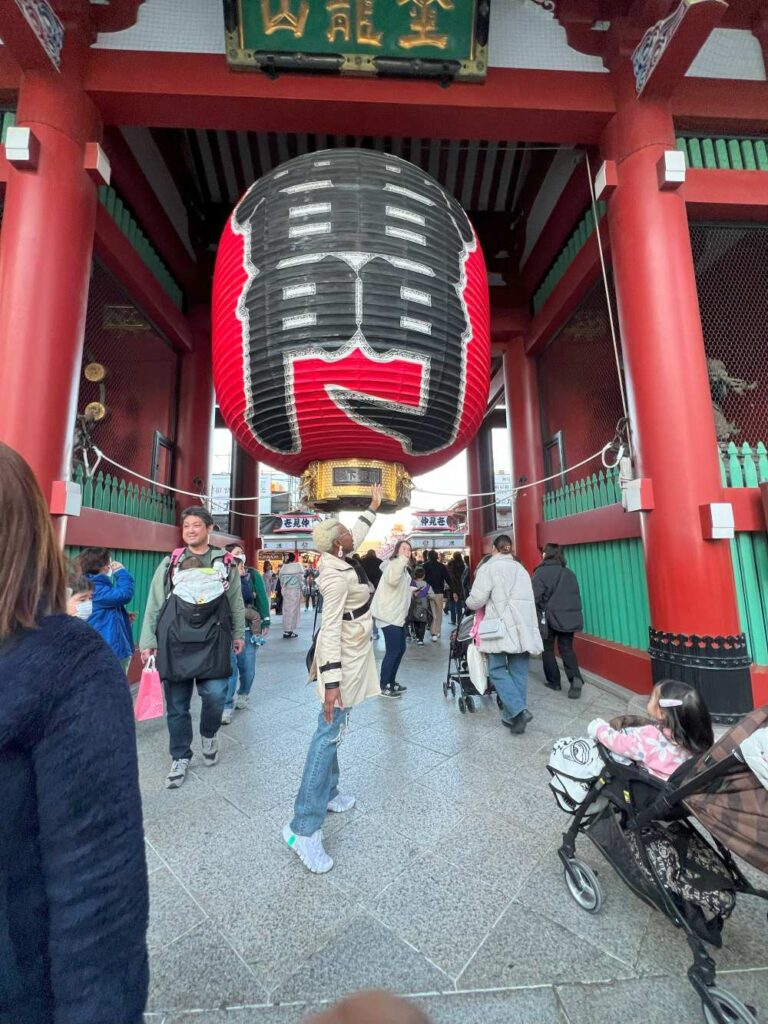
11. Arrange Luggage Forwarding Services
One of Japan’s most convenient services for travelers is luggage forwarding (takuhaibin). Companies like Yamato Transport and Sagawa can send your luggage ahead to your next destination, allowing stress-free train travel.
How it works:
- Keep essential items in a small carry-on
- Send your main luggage to your next accommodation
- Travel light on trains and subways
- Your luggage will typically arrive the next day (same-day service available in some locations)
These companies also offer luggage storage options!
12. Plan Your Transit Card Solution
Decide how you’ll handle public transportation payments before arriving. The new Welcome Suica Mobile App and the Pasmo App allow foreign travelers to set up and charge a digital Suica card before arrival.
Benefits of digital Welcome Suica:
- No ¥500 deposit required
- English interface
- Accepts foreign credit cards and Apple Pay
- Ready to use immediately upon arrival
If you prefer a physical card (which many prefer as it doubles as a reminder of the trip), pick one up at Narita or Haneda Airports before leaving the terminal. Don’t skip this step—physical cards are difficult to obtain elsewhere in Tokyo!
What To Do After You Arrive in Japan
13. Get Some Cash (From an ATM only)
While Tokyo is increasingly card-friendly, cash is still essential for certain situations. Many smaller establishments, especially outside Tokyo, remain cash-only. You’ll also need cash to top up your travel card at train stations, and it’s always smart to have some yen for emergencies.
Where to get cash: International debit cards work reliably at convenience store ATMs, specifically:
- 7-Eleven ATMs
- Family Mart ATMs
- Lawson ATMs
Airport tip: Need cash immediately upon arrival? Head to the 7-Eleven ATM at the airport for the best exchange rates. Avoid currency exchange counters, as they typically offer less favorable rates.
14. Decide What Kind Of Souvenirs You Want to Buy
Plan your souvenir strategy early! Nearly 100% of my guests end up buying more souvenirs than planned, and have needed to purchase an additional suitcase to bring everything home.
Japan offers an incredible array of unique, high-quality souvenirs:
- Traditional items: chopsticks, chopstick rests, dinnerware, fans
- Anime and character merchandise
- Japanese stationery and pens
- Fashion items and purses
- Premium alcoholic beverages (sake, shochu, plum wine, you name it!)
- Japanese skincare products (hugely popular!)
Consider your luggage space from the beginning or buy an extra suitcase!
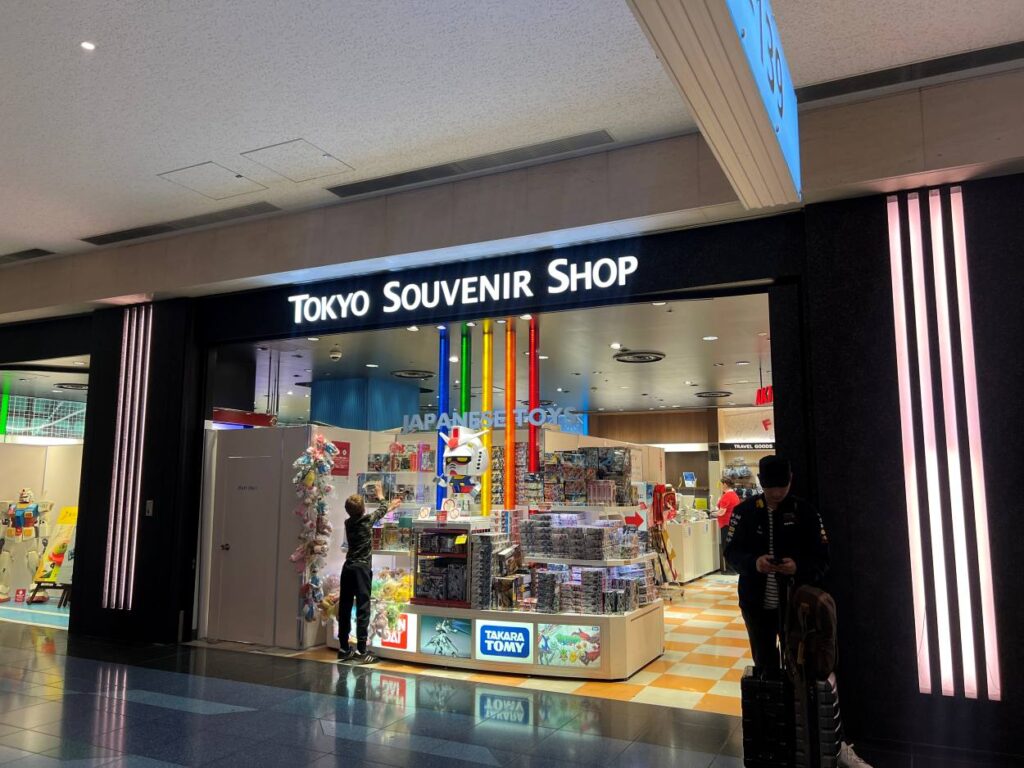
Bonus Tip: Plan to carry your passport with you when you go shopping. Your passport is required in store to get the 10% consumption tax exemption for visitors to Japan and most stores have a minimum spend of 5,000 yen for tax-free shopping. From next year, the taxes will have to be paid upfront and then refunded after completion of departure requirements. Catch up on the latest on tax-free shopping in Japan.

Must-Have Apps To Download – Things To Do Before Traveling To Japan
15. Google Translate
This app is absolutely essential for navigating Japan! Even after living in Japan for 18 months, I still use Google Translate almost daily. The camera function is particularly valuable—simply snap a photo of a menu or sign, and it translates the text from Japanese into English.
While many tourist-friendly restaurants offer English menus, countless other establishments don’t. Google Translate bridges this gap and helps you explore beyond typical tourist spots.
16. Google Maps
Google Maps proves consistently more accurate than alternatives like Apple Maps when navigating Japan. It excels at providing detailed public transportation directions with a unique bonus: it often tells you which specific train car to board for the fastest exit at your destination station—an incredibly helpful feature when navigating Tokyo’s massive stations!
17. Tokyo Disney Resort App
Planning to visit Tokyo Disneyland or DisneySea? The official Tokyo Disney Resort app is non-negotiable. This powerful tool allows you to:
- Purchase park tickets
- Book attractions in advance
- Make restaurant reservations
- Check real-time wait times
- Navigate efficiently within the parks
Download and setup this app before your trip to maximize your Disney experience.


18. Suica or PASMO App
For seamless public transportation in Japanese cities, download either the Suica or PASMO app before departure. These digital transit cards work on:
- Local trains
- Subway lines
- City buses
Important note: These cards do NOT work on Shinkansen (bullet trains), you’ll have to buy separate tickets to ride bullet trains.
Setting up and funding these apps before arriving in Japan saves valuable vacation time and prevents potential technical difficulties with foreign payment cards. Click here for a helpful breakdown on getting the Suica or Pasmo apps on your phone.
19. Taxi GO App (or Uber)
While public transportation should be your primary way to get around (taxis get expensive quickly!), there are situations when a taxi becomes necessary:
- Late-night outings after trains stop running
- When you’re exhausted from walking
- Getting to the airport with luggage
- Reaching locations with poor transit access
The Taxi GO app is Tokyo’s leading taxi service application. Alternatively, Uber is gaining popularity in Japan and might be more familiar if you don’t want to download multiple new apps for a short trip.
Having transportation backup options ready on your phone prevents stressful situations during your Japanese adventures.
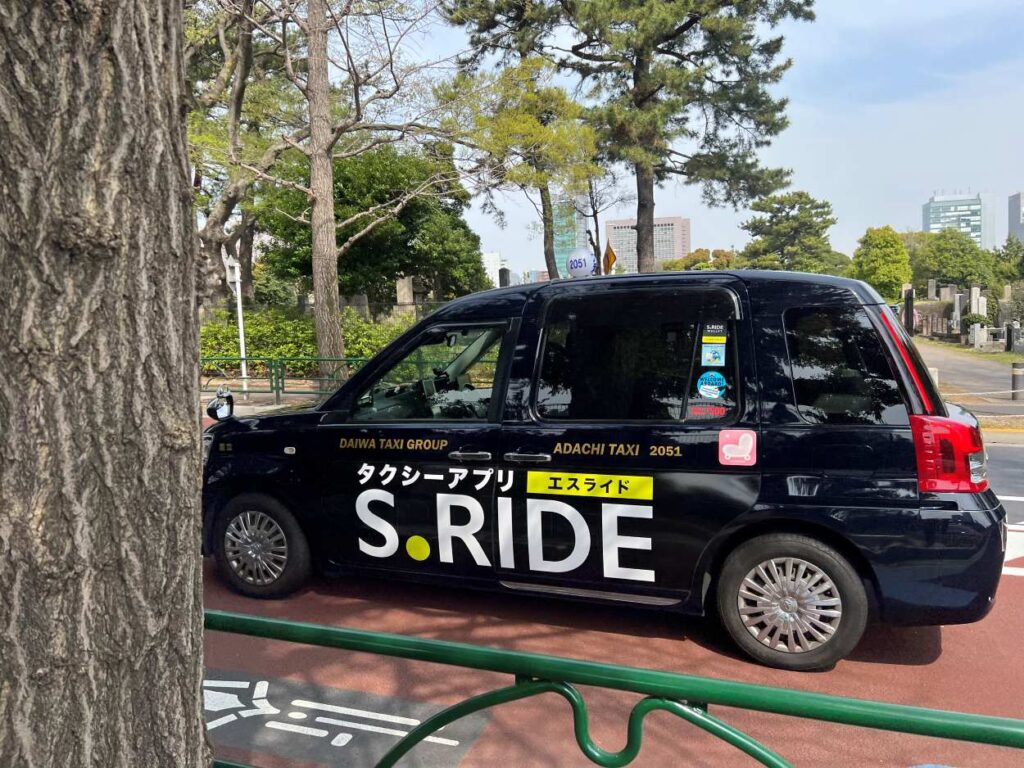
Conclusion – Traveling to Japan For The First Time
Japan is its own world entirely and in this post, I shared 30 things to know before your trip to Japan! Give it a read as well!
Proper preparation makes all the difference when traveling to Japan for the first time. By following this suggestion of things to check off, you’ll set yourself up for a smooth, enjoyable adventure in the Land of the Rising Sun.
If you’re a planner and would love a timeline as far out as a year, Amarachi has visited Japan twice in the last two years and has an even more detailed 1-year timeline for your trip to Japan, especially if you’re traveling to Japan for the first time. Check it out here.
Happy travels!






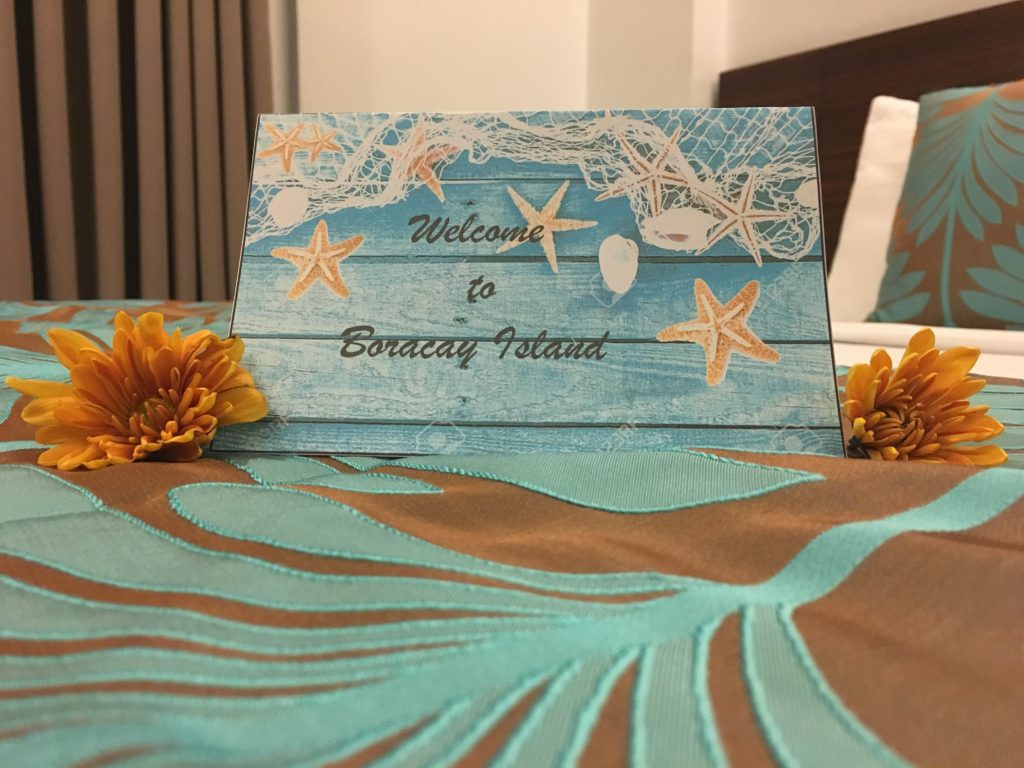
2 Comments